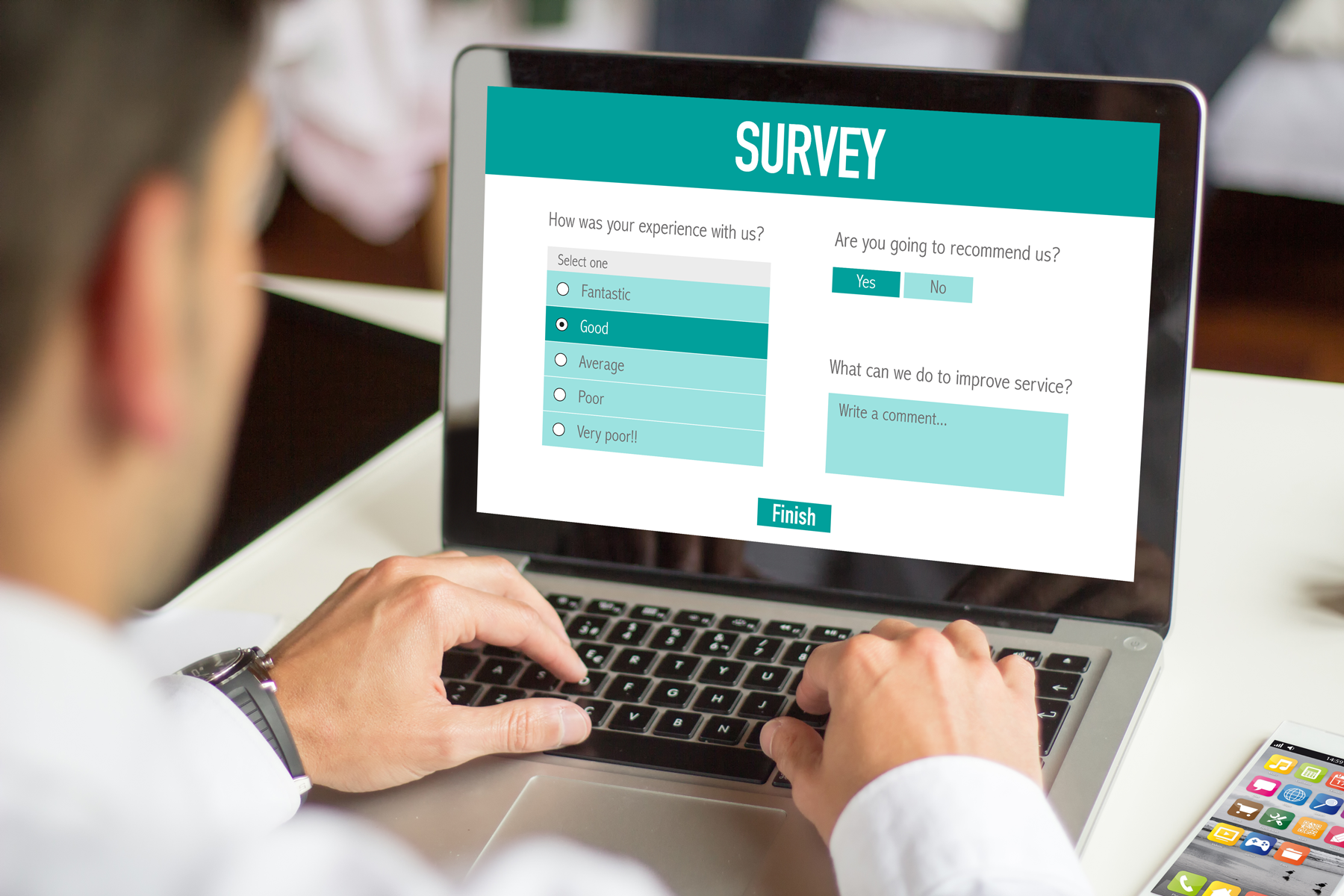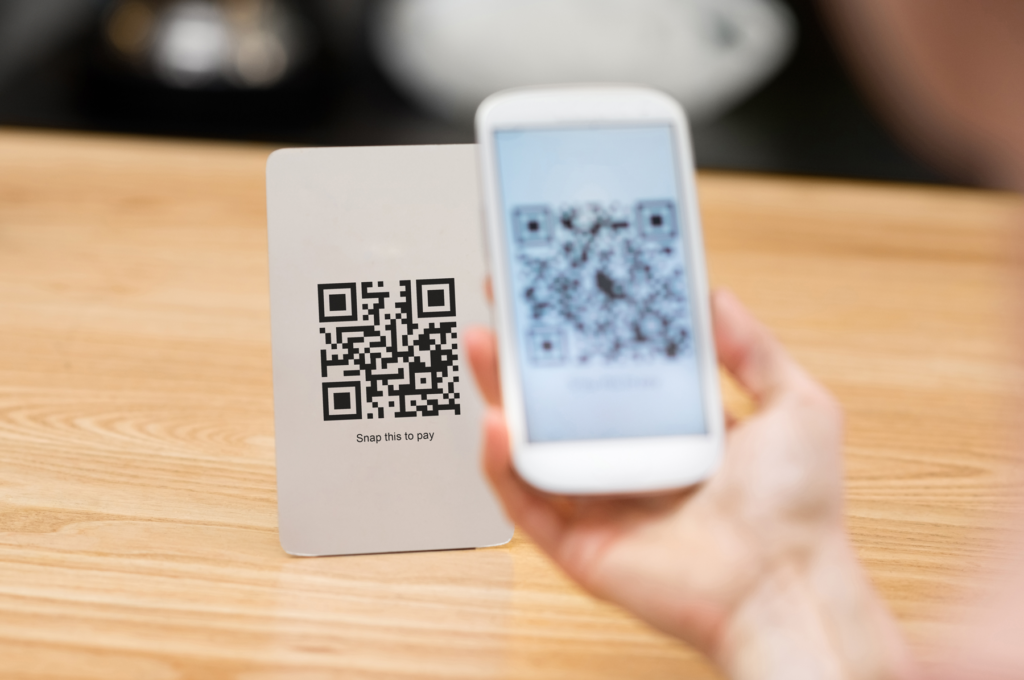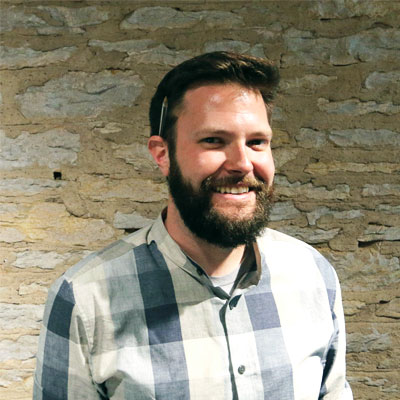10 Ways to Measure Audience Engagement at Your Event
Planning an event requires more than ordering supplies and securing a guest list. Beyond the basics, you need to ensure that your message is not only reaching the right audience, but also eliciting the right feedback. Event audience engagement can reflect how effective your methods are and influence future events in positive ways. Here’s how to measure (and increase) audience engagement at your event.
1. Take Attendance
An event of any size will include a detailed guest list, and who shows up can tell brands a lot about their consumers and their marketing approach. However, it’s the folks who stay for the entire event that you should zero in on.
Check against your guest list to see that everyone who sent an RSVP made it, but also follow up at the end of the event to see who stayed and was actively participating. While events on a larger scale may not allow for one-on-one connections between marketing team members and attendees, a quick sign in and a parting gift can do wonders for tracking and increasing event audience engagement.
2. Use In-Person Surveys
Regardless of the format, surveys are a helpful means of communicating information, and they can be anonymous. You can elicit feedback from guests on everything from the décor to the food at your event, then look over the responses before planning follow-up events.
However, in our digital times, a paper survey may be met with some resistance. Consider a digital survey, using a scannable QR code or a custom URL to put your questions in front of the right audience.
3. Track Event Leads
If your event includes service sign-ups or product sales, be sure to track those figures. Seeing how many event guests signed up for future services or opted for sales offers can show how well you were able to gauge consumer needs and interests.
Tracking leads from the event can also tell you which services or attractions were most popular. Not only is this helpful information for future events, but it can also narrow or widen the scope of your offerings to fit consumer demands.
4. Start a Hashtag
Hashtags help foster brand engagement, so why not create event-specific hashtags to take advantage of the benefits? A well-researched hashtag will create hype around your event and encourage followers to echo it. However, there are a few steps to follow before pasting a hashtag all over your brand’s social media pages:
- Do your research. While #justdoit and #fashion speak for themselves, it pays to think ahead and research potential hashtags for your event. Carefully consider acronyms and abbreviations, and make sure the hashtag isn’t already in use for another event or brand.
- Keep up with conversations. Posting a hashtag once or twice and leaving posts to stagnate won’t help garner interest in your event. Repeat a few distinct hashtags and engage in conversations with others who use them.
- Make it memorable. Don’t use too-long hashtags or ones that are unclear. Short and sweet is best, but clarity is crucial.
5. Go Digital with Engagement
Social media and hashtags are just two options when it comes to promoting event audience engagement. Depending on your budget and in-house expertise, creating an app can help your event earn the appropriate buzz. A QR code can allow attendees to scan an image and link directly to vital event information or giveaways. Plus, you can track the data in real-time, or after the party ends.
6. Aim for Online Advertising
Although paying for ads may not be in the game plan or the budget, strategically posting event “advertisements” can help create awareness. It can also give you more opportunities for tracking event audience engagement.
Marketing the event online can help you get an idea of how many attendees to expect far in advance. It can also help you reach different segments of your target population, depending on where you place the information. From brand blogs to Facebook to Twitter, there are endless modes of getting information in front of your ideal audience.
7. Share Event Updates
It’s not enough to post one status or blog about an event and then leave it to stagnate. Unfortunately, our fast-paced times call for ongoing effort to maintain audience investment. Follow your announcement post or blog with updates about the event leading up to the date.
Keep a team member on social media updates during the event, too, so that you can continue engaging with attendees and fans. Staying active online can draw more attention to the event and encourage participation from people checking their phones while in attendance.
8. Create Friendly Competition
While you’re tracking attendance to see who is at your event and who is leaving early, you may be able to entice people to stay later if you reward engagement. Giving away prizes at the end of an event, for example, can encourage people to stay much later than they planned.
Further, you can track how effective your rewards are by looking at how many people put their names in a drawing or signed up for a free offer.
9. Review Web Traffic
Web traffic may prove the most solid indicator of event audience engagement. Whether during the event or afterward, analyzing your web traffic data on Google Analytics can show spikes in visitors and show you what they’re most interested in. Looking at this information can give insight toward what attendees want to know more about or what services they are interested in thanks to your event promotion.
10. Follow Up with Content Marketing
The same way you shouldn’t post once about an event and then forget about it, you should also follow up at the conclusion of the event. Remind people who attended why your event was amazing, and elicit feedback via social media, your brand website, or a post-party survey or questionnaire.
If your brand regularly produces a newsletter, recap some of the event highlights. Repurposing those statistics, plus quotes from keynote speakers or attendees can remind guests how rewarding the experience was. Plus, you can show people who did not attend just what they missed out on, potentially boosting attendance for future events.
Seth Epstein
Marketing Associate, Blitz – GES
Seth Epstein is a marketing associate for Blitz – GES, Audio Visual and Event Technical Production in the UK.




